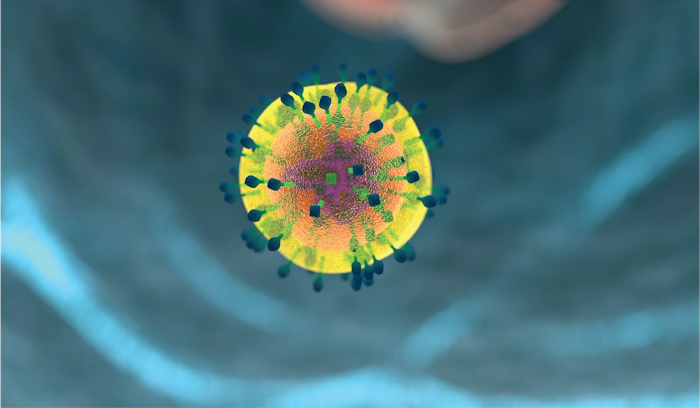Artificial Intelligence for Pediatric Brain Tumor Detection and Prediction of Disease Progression
Email Principal Investigator
About this
Project
Artificial intelligence (AI) is a field of computing that focuses on the development of smart machines that can complete complicated tasks. AI has applications across many fields, and pediatric brain cancer researchers are looking to utilize AI in an effort to optimize cancer detection and the clinical management of pediatric brain cancers. These tools will automatically detect brain tumors in MRI scans, and provide predictions as to what subtype of tumor the patient has. Providing subtype predictions could lead to faster diagnosis and identification of proper treatment protocols. Researchers also intend to use AI to help detect early signs of disease progression. Although previous studies have explored AI-based techniques to do this in adults, fewer studies have focused specifically on pediatric brain tumors. Access to the Pediatric Brain Tumor Atlas gives researchers a broad and comprehensive dataset on pediatric brain cancers in order to complete this research.
Ask The
Scientists
What are the goals of this project?
Researchers intend to use data on pediatric brain cancers to train AI to help detect early signs of disease progression.
What is the impact of this project?
The use of AI in this manner could lead to faster diagnoses, more accurate prognosis, and personalized treatment protocols.
Why is the CBTN request important to this project?
The Pediatric Brain Tumor Atlas provides researchers with the large and comprehensive datasets needed to properly train their AI for use with pediatric cancer cases.
Specimen Data
The Children's Brain Tumor Network contributed to this project by providing access to the Pediatric Brain Tumor Atlas.
Meet The
Team
related





